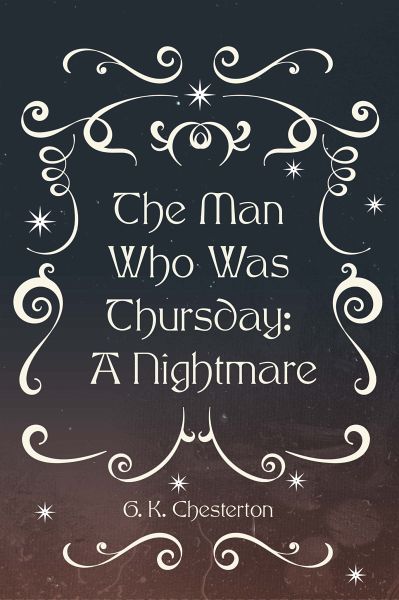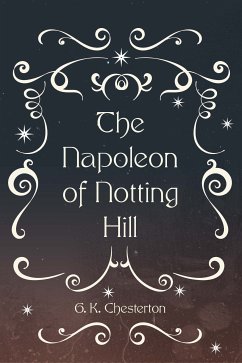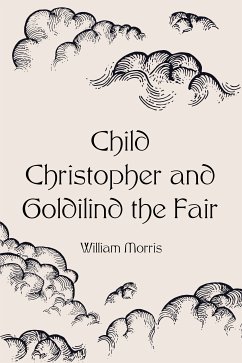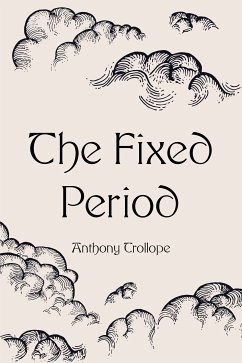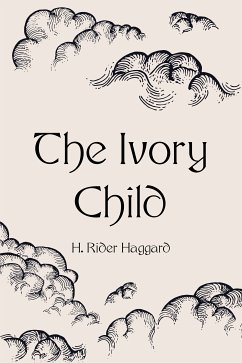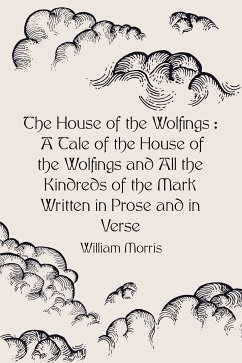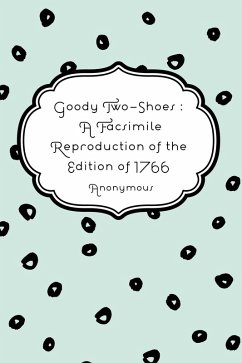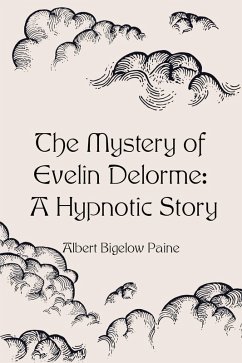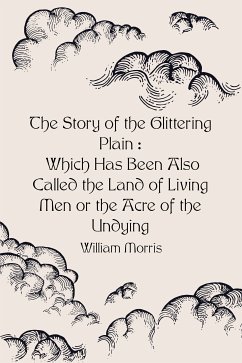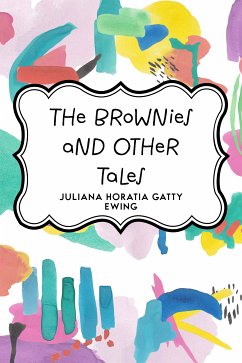Gilbert Keith Chesterton (1874-1936) was a prolific English writer, poet, philosopher, dramatist, journalist, orator, lay theologian, biographer, and literary and art critic. Chesterton is often referred to as the 'prince of paradox' for his ability to turn a phrase with wit and cleverness. An imposing figure standing over six feet tall and weighing in excess of 300 pounds, his physical stature matched the breadth of his literary output. He wrote around 80 books, several hundred poems, some 200 short stories, 4000 essays, and several plays. His novel, 'The Man Who Was Thursday: A Nightmare', stands out as a metaphysical thriller and a quintessential example of his narrative inventiveness and philosophical profundity. The book is an allegorical tale that combines elements of adventure, detective fiction, and satire, exploring themes of order and chaos, and the testing of faith. Chesterton's prose is characterized by balance and paradox, a style that influences his insightful observations on life and culture. His body of work, which includes other notable books such as 'Orthodoxy' and 'The Everlasting Man', has become a cornerstone of Christian apologetics. Recognized by his contemporaries and critics, Chesterton's influence stretches from the literary sphere into religious and philosophical realms, solidifying his legacy as a towering figure in early 20th-century literature.
